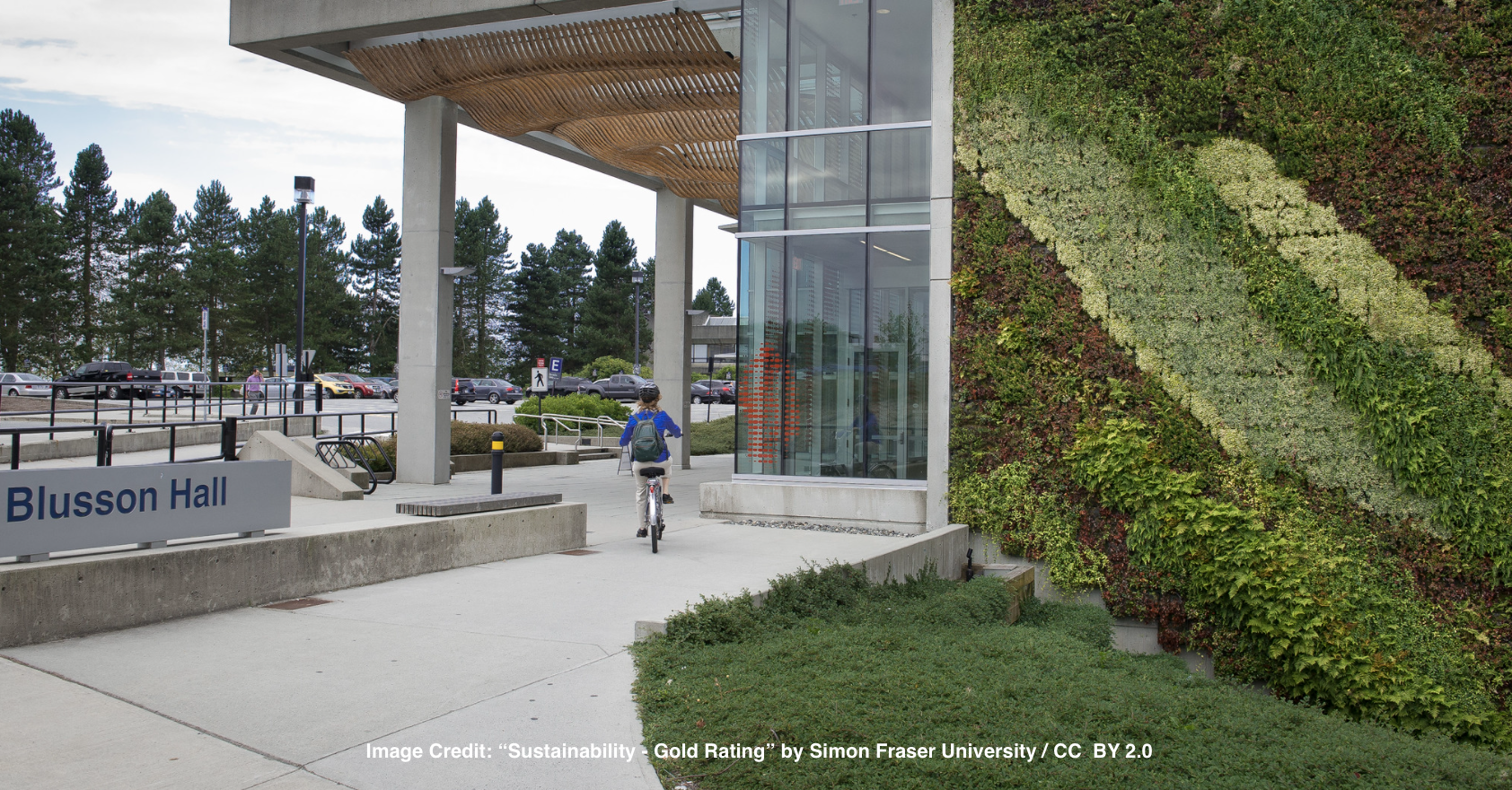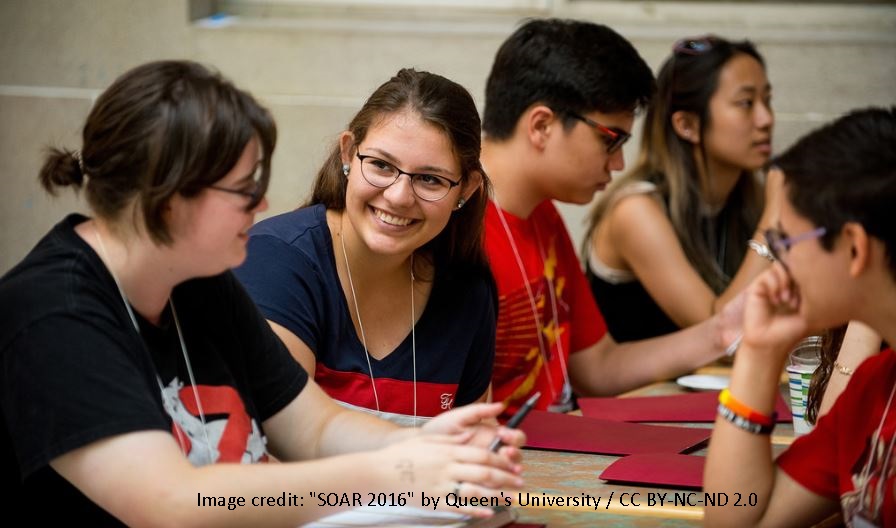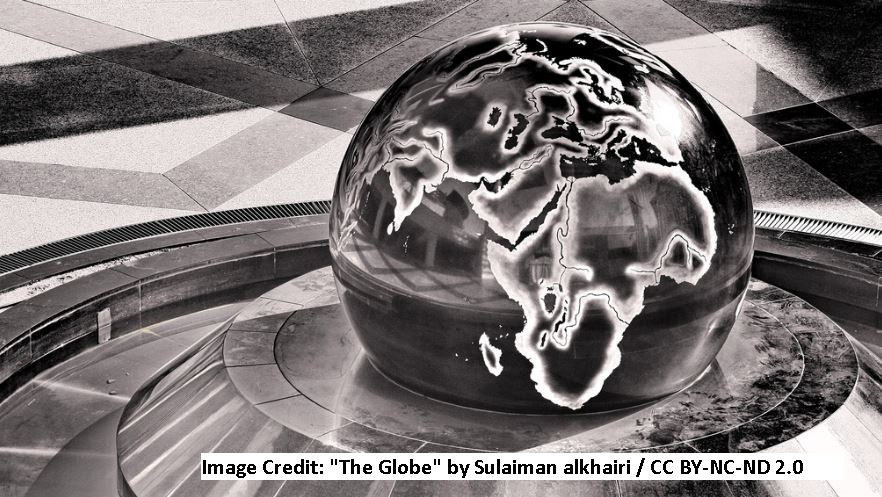Education 4.0 and its Key Role in Sustainable Development
This article first appeared in University World News Education 4.0 and its key role in sustainable development Patrick Blessinger, Ahmad Samarji and Haydeé Ramírez Lozada Since the First Industrial Revolution (circa 1800), humanity has experienced several major waves of political, economic, social, technological, and environmental development. These major waves of development have come to be termed 1.0, 2.0, 3.0, and 4.0 as a way of classifying the major turning points since the First Industrial Revolution. Many people believe that the world is now experiencing a fourth wave (4.0) of development. Thus, in the fourth wave, Education 4.0 coincides with Globalisation 4.0, Industry 4.0, Society 4.0, Web 4.0, and Environment 4.0. This broad system of classification can serve as a useful mental model to bring clarity to the key factors driving global development. Globalisation 4.0 is characterised by hyper-connectivity and the rapid (or instantaneous) movement of goods, capital, energy, people, and information as a result of [...]




